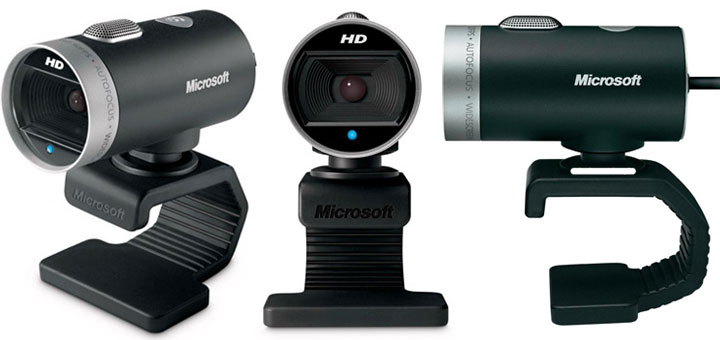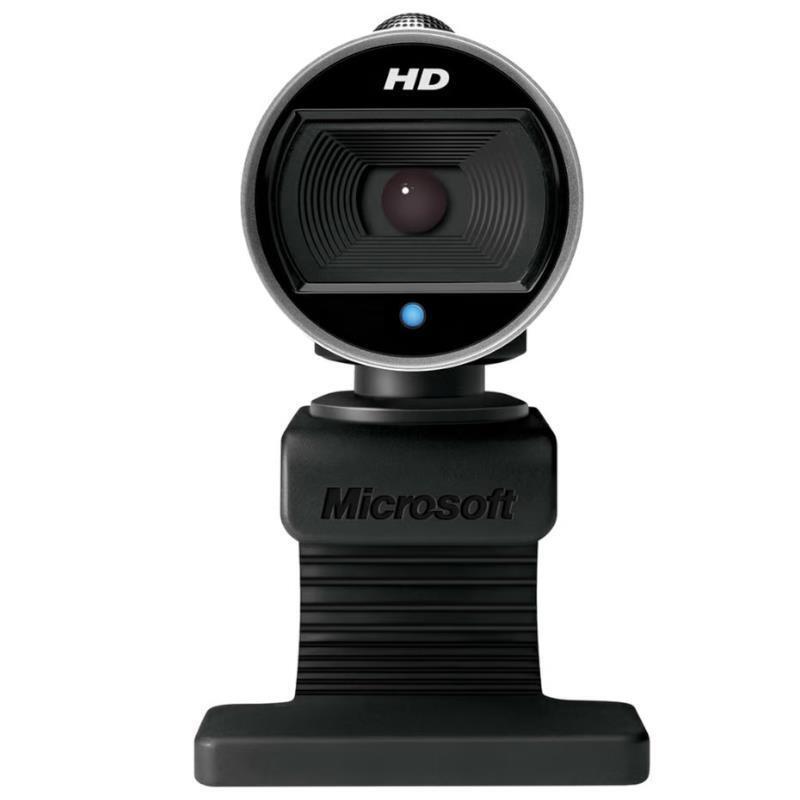

That were interested in dialect and linguistic aspects of the spoken In addition to folklore studies, there were a number of initiatives While Eric Cregeen proved an inspirationalįigure in Scotland, in England it was the work of GeorgeĮwart Evans that provided an important and lasting contribution. These early 'folk life' collections was the recording of minority groups, School of Scottish Studies at Edinburgh University and the Welshįolk Museum established recording programmes. With an interest in capturing the disappearing traditions of the countryside. It was noted in an edition of the Amateur Historian in 1957, for example, that 'the collection of information from old people does not feature in the textbooks, yet it is an essential process in compiling local history'.( 5)Īnother important influence in the remaking of oral history came from those It is perhaps historians and archivists interested in local histories that can make the claim of taking the earliest initiatives in oral history in the 20th century. (BIRS) led to the formation of a committee that would in turn establish And in 1969Īn informal day conference at the British Institute of Recorded Sound This was set to change in the second half of the 20th century. The lack of acknowledgement of oral sources was compounded by a failure to access their value in any meaningful way. As a result, while oral sources often played a significant part in the writing of histories, these were just as often downplayed in comparison with evidence drawn from documents. The weakening of oracy, with the rise and spread of the printed word, combined with the adoption of reductionist and empirically based methods in academic study, meant that the significance of oral testimonies was poorly understood.
#Making history the second world war help guide professional
There then followed a long period when written sources seemed to dominate the practices of professional historians in the west.

Thucydides, the Greek historian writing in the 5th century BC, made much of the accounts of eye-witnesses of the Peloponnesian Wars, 'Whose reports', he claimed, 'I have checked with as much thoroughness as possible'.( 2) By the time Bede came to write his History of the English Church and People, completed in 731 AD, he simply noted his thanks to 'countless faithful witnesses who either know or remember the facts'.( 3) Even as late as 1773 Samuel Johnson expressed a keen interest in oral histories and oral tradition in his study of Scottish beliefs and customs Oral history was 'the first kind of history' according to Paul Thompson in The Voice of the Past,( 1) a key publication in the re-emergence of oral history.įor centuries the use of oral sources in understanding the past was commonplace. Internationally oral historians are representedīy the International Oral History Association ( IOHA). History Society has played a key role in facilitating and developing However, there are many ways of doing oral history even within single national contexts.

In Latin America and Eastern Europe have tended to pursue more overtly Often focused on issues of identity and cultural difference, oral historians Terms while oral historians in Western Europe and North America have Within this movement oral historians have approached the collection,Īnalysis and dissemination of oral history in different ways. Oral history has also emerged as an international However practitioners across a range of academic disciplines have also developed the method into a way of recording, understanding and archiving narrated memories. Oral history continues to be an important means by which non-academics can actively participate in 'making history'. Since the 1970s oral history in Britain has grown from being a method in folklore studies to become a key component in community histories.

The making of oral history: Sections 1–2 Graham Smith


 0 kommentar(er)
0 kommentar(er)
